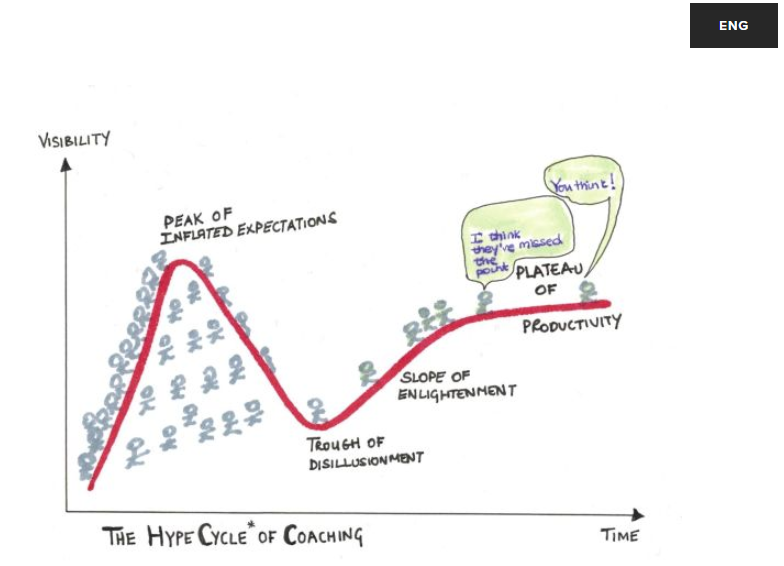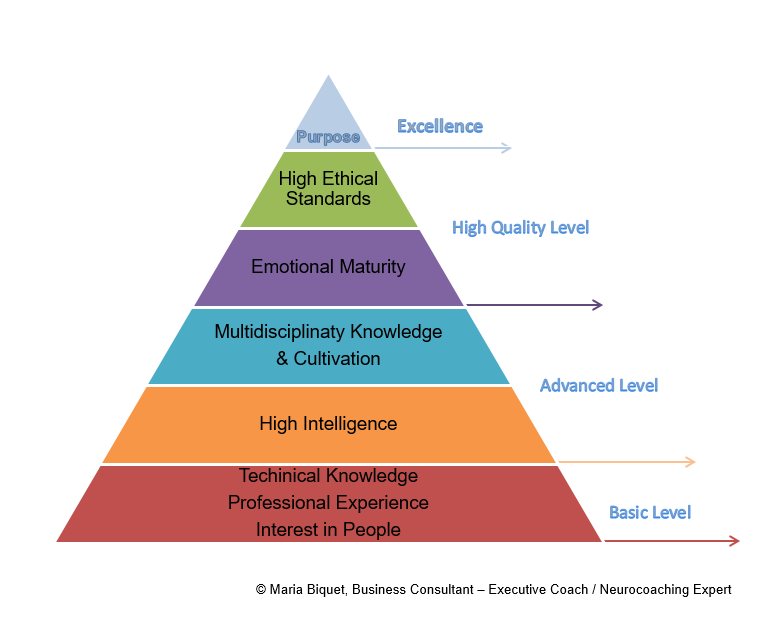There really is no one way to do coaching because we each have our own unique ways of caring for, and paying attention to, the needs of our clients when we coach. However, when we talk about what attracts each of us to do coaching
如何提高導師水平的9.5個重要方法 - 由侯婉琳提供
‘’the good coach” 吸引了其他志同道合的導師(無論全職/兼職/隨意),他們期望得益於超越目前的市場狀態。我們參加了小組討論。我們與同行,博客和tgc讀者聯繫,
High Quality in the Coaching process by Maria Biquet
Practicing Coaching for years and reaching a point of maturity I have come to some observations and conclusions about what we really do when we work with people in a coaching process.
Using ‘felt experience’ in coaching by embodying Chinese thinking by Simon Darnton
The more I coach, the more I am aware of how I rely on both mine and my clients’ felt experience as primary guides in the coaching space. Through this, clients also report that they become more aware of, and connected with, their felt experience. But more importantly they're able to use it practically, to be
A guide to the very lonely planet of working as a coach: maintaining my voice, presence and self as an instrument at its best By Luis San Martin
“Dad, I want to be a coach like you. [Dad replies, with clenched fists and a strained expression] Oh, God! Please, get a real job.” Let’s imagine for a moment that your kid comes up to you with such an occurrence.
Being and becoming: Mission reinforced by some exercises of meaning by Paul Foegle (Guest)
The books of personal development are numerous to know a great success. With Jean Monbourquette's « How to Discover Your Personal Mission: The Search for Meaning », I am lucky (as well as others) to find keys to answer the question of how to do find your own search for meaning? How to welcome one’s Mission?
Passing ownership and responsibility with a non-directive style of coaching by Simon Dennis
My style of management and coaching can best be described as non-directive. Over time my roles have evolved to become more strategic than tactical, more management than operational. Partly it was about always seeking consensus – usually by asking questions – rather than telling somebody how something could be better. Partly it was also because I didn’t
How Coaching expands and enhances Leaders’ capacity by Maria Biquet
As a Coach I work with high level Executives and Entrepreneurs in developing their skills, abilities and behaviors to match the complex requirements of their roles. Developing a person is a highly demanding and very revealing process for both the Coach and the Coachee.
Redressing the balance between positional and personal leadership by Yvonne Thackray
A lot of my work in coaching is helping professionals reframe their understanding of the work they do in comparison to similar value work in the market place. MAKING PROGRESS AS A PROFESSIONAL
Listening unlocks my approach to coaching by Keiko Shinohara (guest)
Every coach listens; the difference lies in the ways we each focus on what we’re listening to and how (self-) aware we each are when we’re listening to our client communicate with us.
An experience of finding rhythm and how it translates to coaching by Simon Darnton
If you have read my previous two pieces here on rhythm, you’ll already know it’s a bit of theme in my coaching work. But I'll admit to you upfront that how I bring myself to coaching is still a major piece of inquiry for me. I don't quite know yet and I'm intrigued by how this is unfolding as my coaching practice develops.
Live where you fear to live: Embracing our own challenges as coaches by Jon Dunsmore (Guest)
During my postgraduate diploma studies in psychological coaching with the Metanoia Institute, I followed a strict study regime – devouring coaching books in my spare time. One such book was Much Ado About Coaching, published by the contributors to this website.
Working as a Consultant Coach can speed up results! By Maria Biquet
Most of us are fed up with instructions, ready-made solutions and all the literature about “the X steps to success” that somebody else has tried (or just imagined) and presents them to us all as the Guru in the matter of self- development and success in life and business.
Coaching myself as part of my career transition: Entering, and then sustaining, a transitional space by Caroline-Lucie Ulbrich
Understanding how I am developing my coaching practice has enabled me to become more aware and sensitive towards assessing how I apply what I do in coaching on myself, first, before advising others. I think it is important to “walk-the-talk” to demonstrate that a coaching approach is effective. It also helps with putting oneself
How sustainability leadership is redefining individual liberty: a new context for executive coaching by Geoffrey Ahern
Championing both individual liberty − as we do in coaching − and the sustainability vision are in conflict in the world today. There are signs that they could move ahead together, but that this would require a radical redefinition of what it means to be free!
Delivering coaching workshops for groups of tech entrepreneurs by Katy Tuncer
Recently I have launched group coaching workshops, building on successful pilots in 2017. My core role remains as a Business/CEO coach, normally one-on-one, and I work extensively with senior leaders in the tech industry in Cambridge, UK – both on the investor side – Angels, VCs – and portfolio company CEOs and/or Founders.
What is this rhythm thing and what does it have to do with coaching? By Simon Darnton
In my first piece about rhythm being an untapped dimension in coaching and one that, for me, was born out of a domain full of speed and risk, it follows that what I do in coaching has to do with rhythm. I help my clients to find better rhythms, of course, but what about me?
WHERE CORPORATE CULTURE LIVES The Competitive Advantage of Empathy by Dr. Lucille Maddalena
Every day corporate leaders announce plans that will revolutionize their organization, move them forward and provide the environment to successfully take on more challenging work. The process can be likened to a business owner at the turn-of-the 20th century writing his hopes and dreams for the company on






















